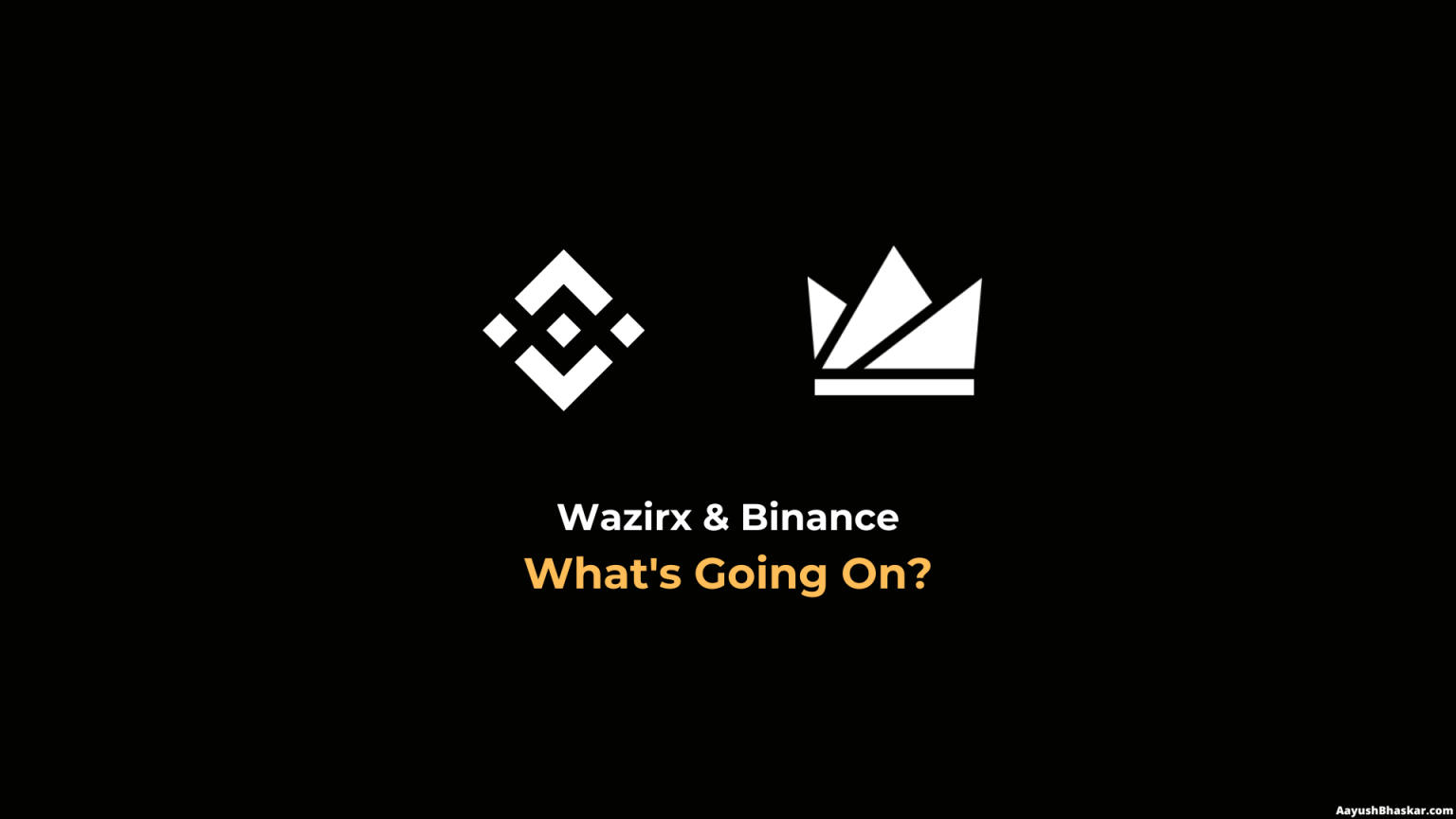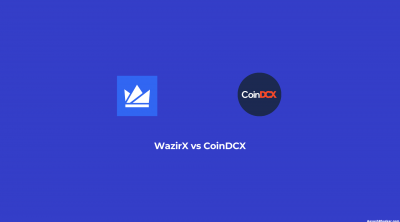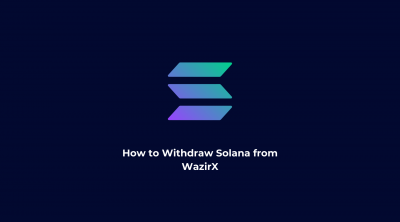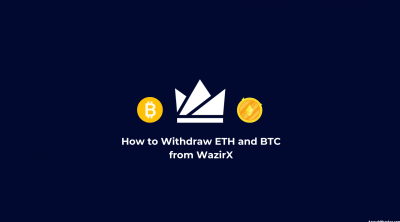Twitter is a beast.
Used by millions of people around the globe, it boasts the largest collection of celebrities, key opinion makers, business leaders & global athletes in terms of self-engagement.
Key to its uniqueness is its microblogging nature, which makes it far more expressive than any other social media platform out there.
More often than not, it throws up a surprise. The 5th of August 2022 was one such day, with the WazirX ownership controversy coming to the fore.
Crypto Twitter was swooning all over their screens as Binance, the largest Cryptocurrency exchange, founder & CEO, Changpeng Zhao, commonly referred to as CZ, dropped a bombshell.
Completely unprompted, he tweeted that Binance did not own WazirX, the pioneering Indian cryptocurrency exchange marred by an investigation into allegations of facilitating money laundering.
Now, this would not have been big news if not for the announcement of the acquisition that was heralded with much fanfare back in 2019 as the defining moment of India’s crypto and blockchain ambitions.
CZ’s own previous tweets on the subject post the acquisition, plus the integration touted within the Binance platform with WazirX, also made it a hard pill to swallow.
What turned this into a completely gargantuan affair was WazirX founder Nischal Shetty engaging with CZ in a public spat, challenging that Binance did indeed own it. The crux of their to and fro had just one simple giveaway – both of them didn’t want to own WazirX.
The intent of this post is to try and provide an analytical scoop as to what is the underlying issue. We will also try and conclude who’s speaking the truth and who isn’t and also try and indulge in how this issue could have been avoided in the first place.
Interesting? Let’s go then!
1. What We Know

A good starting point is to jot down what we know:
- There is a lot of heat from Indian law enforcement agencies on the issue of cryptocurrencies being used to launder money and they suspect the WazirX platform to be the route taken by the alleged parties. The press release from the Enforcement Directorate gives enough background to the case and also sheds light on the obscure ownership structure of Zanmai Labs – the entity that runs WazirX;
- Binance maintains that it does not own any equity in Zanmai Labs but is only a tech solution provider to WazirX;
- The access they have to any aspect of the tech is primarily from the fact that they provide wallet services. Other than that, the business operations including user sign-up and KYC are controlled by Zanmai labs – one aspect of the ongoing investigation.
- Zanmai Labs maintains that Binance did acquire them and issued them a license to operate Crypto / INR pairs. It is primarily due to this license that they are responsible for the user sign-up and KYC requirements but Binance is the ultimate beneficial owner.
- They also maintain that Binance managed and operated all crypto/crypto pairs & was responsible for all crypto withdrawals – one of the aspects of the investigation.
2. So Who Owns WazirX?
2.1. Some Psuedo – Legal Rhetorical Questions
From a purely legal standpoint, the argument that Binance does not own any equity in Zanmai Labs & / or never fully acquired the business is legitimate. However, the devil is always in the details and there are some points to ponder:
- Did Binance pay the purchase consideration and does it remain outstanding with Zanmai Labs founders? If so, the transfer of shares if withheld on the behest of Binance is not a valid excuse in spirit;
- The above point works in the opposite direction as well. If the purchase consideration has been returned to Binance, then this is indeed a deal that never transpired.
- Similarly, if the purchase consideration is still outstanding and the transfer of shares is pending due to aspects of non-compliance with the original acquisition agreement by Zanmai, then again, Binance has a valid point;
- What is the division of economic gains and losses? Remember, that in a court of law, economic substance over legal form is a valid argument and if all or majority of gains and losses are on the part of Binance, they cannot claim the technicality that they never acquired the shares.
- The above works in the opposite direction as well. If Zanmai continues to enjoy all or the majority of the economic gains and losses, they cannot claim Binance as the ultimate beneficial owner.
2.2. Everyone Is Telling The (Half) Truth
The most interesting tweet is this from Shetty:

Notice the end. He says, “Don’t confuse Zanmai and WazirX”.
What if the acquisition was for the tech and not the Company?
This proves the point from Binance’s perspective that they never acquired any shares in Zanmai, but does not preclude the possibility that Binance acquired the technology, that is, the platform.
Why else would they have so much access to the technological aspects of the business?

If the above is true, Shetty is also telling the truth. Zanmai is simply the license holder to manage operations of the business in India that are not tech related.
As license holders, they cannot be held directly responsible for any errors they made as they are on account of their principal, that is, Binance. Binance can seek remedy for breach of duties but legally, Zanmai is just an agent.
3. Not Our Facts But Our Opinion
Given the publicly available information & our own analysis, we can conjecture that the following transpired. Please be advised that this is solely our opinion of maybe how events unfolded & not a statement of facts.
Binance entered into an acquisition agreement for Zanmai Labs which, like any standard agreement, had certain conditions precedent to be considered executed.
Both parties, in good faith, began working on these conditions precedent which probably included:
- Transfer of Domain ownership & Wallet Services, plus Sharing of AWS cloud with Binance – a fact confirmed by both sets of tweets. The idea was that the tech is acquired first;
- A licensing agreement between Binance & Zanmai Labs that delegated certain India-specific activities to Zanmai Labs. This is what Shetty claims and is believable to the extent that such an arrangement would be normal, considering it allows for continued engagement of the founders & provides a local team;
At some point, the conditions precedent may have complied & the founders asked for the name of the Binance entity to which shares were to be transferred.
After all, Binance operates in regulated markets under its own name with its own on-ground presence, This, as Shetty challenges, was never provided. We can only speculate what would be the reason, including but not limited to:
- Binance’s own regulatory issues;
- Other Conditions Precedent Pending;
- Any Differences in Valuation if the purchase price was not boxed and dependent on variable factors at the time of completion of conditions precedent to the acquisition
Volumes on centralized exchanges in India have taken a massive hit starting the 1st of July 2022 following the imposition of a 1% Tax to be paid by sellers on the value of the sale.
As trading volume directly impacts exchanges’ earnings in the form of trading fees, market factors are aligned against the economics of operating centralized exchanges in India.
Sensing regulatory heat and may be driven by market factors, Binance thought it would be best to withdraw from the deal altogether & write off WazirX as an investment.
Conclusion
While we leave the issue of why no one wants to own WazirX to our own individual interpretations, it is necessary to talk about how this impacts the industry.
The fallout from all of this is the simple fact that deal flow in Crypto should have some form of regulation. This regulation does not have to be the Government type. A solution could be developed for on-chain verification as to whether a deal announced does eventually consummate or not.
This is important from the aspect of protecting users. Imagine the countless people who used WazirX for being a Binance-owned entity. They have been lied to.
Similarly, the countless people who bought the WazirX coin for being a Binance-owned entity. Again, they have been lied to.
Unless the Crypto industry takes it upon itself to self-regulate, the user will not be protected. Such lack of protection will ultimately lead to wider calls for Government regulation.






Leave a Reply